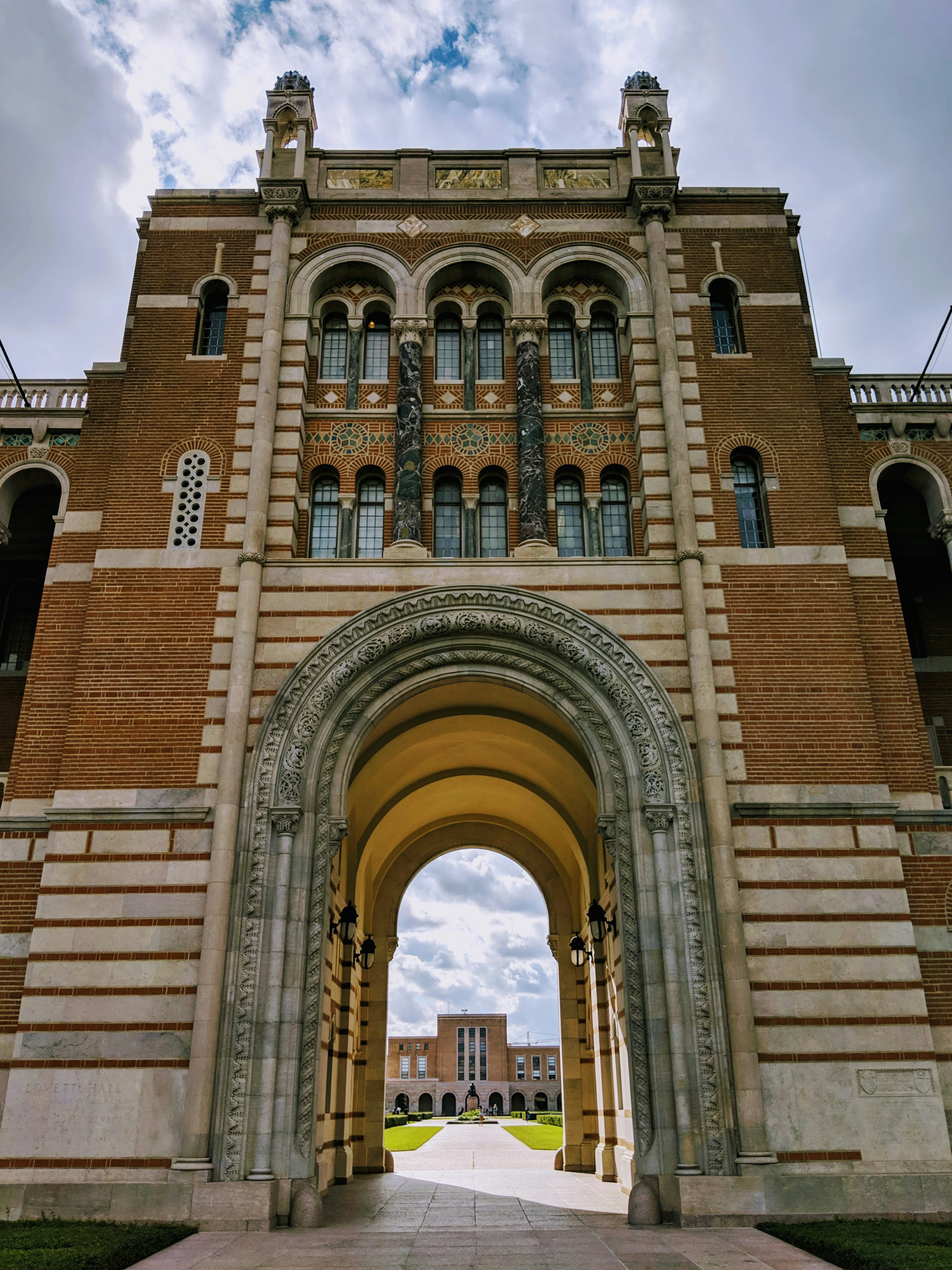
My deep passion for chemistry sparked in elementary school, and has since translated into a vibrant, exciting and motivating way of teaching. Over the years I have developed a skill to pinpoint and elaborate difficult concepts in a clear, personal and student oriented way. I care about the students, I care about the skills they develop and I want them to excel themselves. The world needs chemists and through teaching I feel like I can contribute the most. If a person decides to pursue a career in chemistry because of me, I have made a difference.
The guiding, teaching and mentoring I provide I see more as a resource for the students to develop their theoretical, practical, metacognitive and social skills than merely as means of delivering information. Unquestionably, factual knowledge is needed in solving problems, however I try to not only focus on recall of facts. Instead, I believe learning is equivalent with doing. When a pianist is asked “when did you learn to play the piano?” the question is meaningless. Similarly, both theoretical and experimental expertise in chemistry are accumulated slowly and through trial-and-error. This is often frustrating and students have to be guided to recognize their development. Because of this, I believe true great teaching spends much more time considering what a student does rather than on what a teacher does.
My teaching is therefore focused on how I can get the students to work at the limit of their cognitive skill. At this limit, with guidance from peers and mentors their skills can develop further. When asked a question, I reply with a question. The student can then both apply and reconsider their knowledge and associations with previous experiences. This way the student can be led to the brink of their cognitive skill for them to take the necessary step into new knowledge. I believe such “oh, now I get it”-experiences are in the epicenter of high-quality learning: they enhance deep learning, self-confidence and courage to take on new problems. These experiences are best fostered in a laboratory environment with real equipment, real chemicals and real problems.
When students are pushed to think for themselves, creativity comes into play. Creativity, again, is something vitally important for scientists. To promote such lateral thinking, I have experimented with open problems for elementary, high school as well as university level education with excellent results. In such open-ended problems acquiring, applying and developing knowledge go hand in hand. Students soon learn that ideas can be open for discussion: “why is one solution more likely to be correct than another?”. Along these lines, I also try to keep away from an authoritarian setting when teaching or mentoring. Having an open, equal and friendly atmosphere without judgement is a must. In such environment each student can be approached and helped according to their needs.
In short, I love chemistry and teaching. I believe all teaching should be open, pedagogically justified, scientifically top-tier and done students-first. This way we can train knowledgeable and creative scientists to take on future’s challenges.
Ongoing courses
- General Chemistry 1 CHEM121/123 Rice University, Fall semester 2021.
Past courses
- General Chemistry 2 CHEM122/124 Rice University, Summer semester 2021.
- Named Reactions in Synthesis CHEM553, Rice University, Spring semester 2021.
- Named Reactions in Synthesis CHEM553, Rice University, Spring semester 2020.
- Organic Chemistry 1 CHEM211/213 Rice University, Spring semester 2019.
- Organic Chemistry 1 CHEM211/213 Rice University, Fall semester 2019.
- Catalyst workshop, University of Jyväskylä 2018–.
- Advanced placement chemistry KEM6, Schildt high school and University of Jyväskylä 2018.
- Modern synthetic organic chemistry KEMS526, University of Jyväskylä 2017.
- Organic chemistry 2 KEMA283, University of Jyväskylä 2017.
- Advanced organic chemistry labs: analysis KEMS555, University of Jyväskylä 2016.
- Advanced organic chemistry labs: synthesis KEMS556, University of Jyväskylä 2016.
- Physical organic chemistry KEMS528, University of Jyväskylä 2016.
- Modern synthetic organic chemistry KEMS526, University of Jyväskylä 2016.
- Advanced organic chemistry KEMS541, University of Jyväskylä 2016.
- Organic chemistry 2 KEMA283, University of Jyväskylä 2016.
- Advanced organic chemistry labs: analysis KEMS555, University of Jyväskylä 2015.
- Advanced organic chemistry labs: synthesis KEMS556, University of Jyväskylä 2015.
- Modern synthetic organic chemistry KEMS526, University of Jyväskylä 2015.
- Advanced organic chemistry KEMS541, University of Jyväskylä 2015.
- Organic chemistry 2 KEMA283, University of Jyväskylä 2015.
- Physical organic chemistry KEMS528, University of Jyväskylä 2014.
- Advanced organic chemistry labs: analysis KEMS555, University of Jyväskylä 2014.
- Advanced organic chemistry labs: synthesis KEMS556, University of Jyväskylä 2014.
- Modern synthetic organic chemistry KEMS526, University of Jyväskylä 2014.
- Advanced organic chemistry KEMS541, University of Jyväskylä 2014.
- Introduction to laboratory work KEMA200, University of Jyväskylä 2014.
- Modern synthetic organic chemistry KEMS526, University of Jyväskylä 2013.
- Advanced organic chemistry KEMS541, University of Jyväskylä 2013.
- MeTeLi Chemistry Course, Lappeenranta University of Technology 2012.
- MeTeLi Chemistry Course, Lappeenranta University of Technology 2011.
- MeTeLi Chemistry Course, Lappeenranta University of Technology 2010.
- MeTeLi Chemistry Course, Lappeenranta University of Technology 2009.